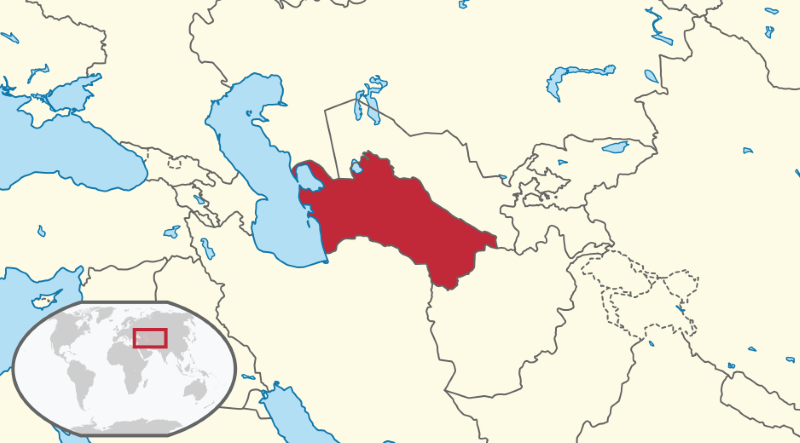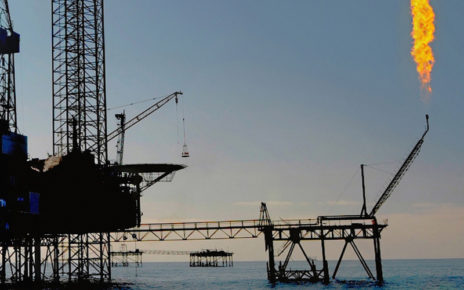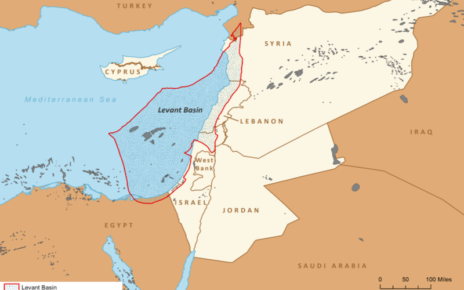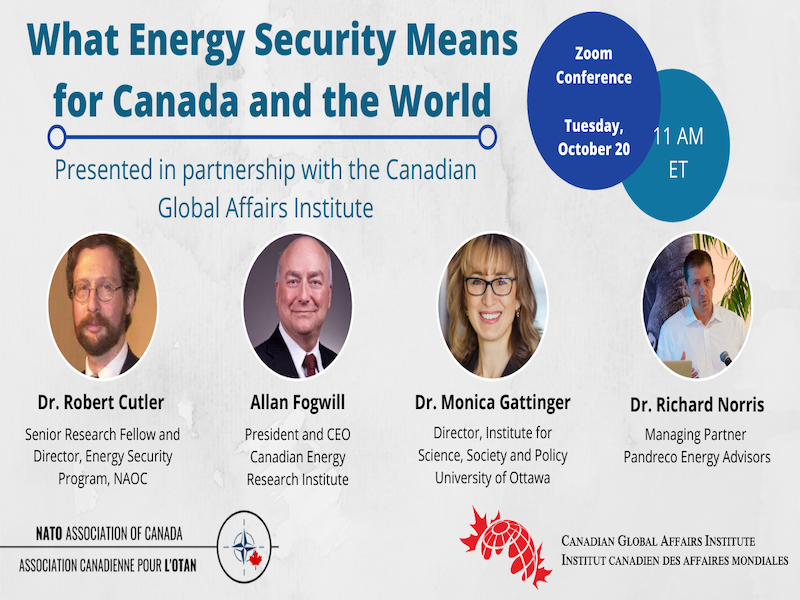The energy security of NATO members in Europe will receive a further boost as the European Union has opened a new Delegation in Turkmenistan. This Delegation supersedes the lower-level liaison office through which relations had been conducted up until now. The move follows the European Council’s adoption of a new “EU Strategy for Central Asia,” updating the first strategy adopted a dozen years ago. High Representative/Vice-President Federica Mogherini was in Ashgabat in mid-July to sign the official documents.
Christian Berger, who heads the EU Delegation to Turkey and resides in Ankara, has been accredited as the EU’s non-resident Ambassador to Turkmenistan. Lubomir Frebort, Counsellor resident in Ashgabat, acts as interim Chargé d’Affaires of the Delegation accredited to Turkmenistan. The EU now has fully-fledged Delegations in all five Central Asian states.
The day after Mogherini signed the document on establishing the full EU Delegation, Turkmenistan’s official news media noted that “the Trans-Caspian Pipeline is among the promising projects in this area.” The country’s state news agency also reported, significantly and for the first time, that efforts have been intensified “to develop a single mechanism to ensure the supply of Turkmen natural fuel to European markets.”
Frebort stated to the press, soon after the announcement and the ceremony in Ashgabat, that the EU and Turkmenistan are negotiating a framework agreement for the Turkmen gas supplies to Europe. These discussions represent a continuation of the discussions launched on the basis of the Declaration on Development of Energy Cooperation, signed by Turkey, Turkmenistan, Azerbaijan, and the EU in May 2015.
Frebort also identified the development of the Turkmen gas pipeline infrastructure as “a factor in the energy security of the European Union among the industries attractive for European investors.” According to official Ashgabat, the EU has expressed its readiness to help attract investment in the implementation of the Trans-Caspian Gas Pipeline (TCGP).
The emphasis on European investors is significant new element. The newspaper Neytralnyi Turkmenistan (Neutral Turkmenistan) confirmed this, specifically mentioning energy among the fields in which the EU and Turkmenistan will “implement new approaches” and “further improve the effectiveness of joint activities”.
Turkmenistan declares its readiness to export not just 30 billion cubic meters per year (bcm/y) of natural gas to Europe, as has been the figure in the past, but “up to 40 bcm/y”. This gas would flow through the TANAP and TAP pipelines to Southern Europe, as well as to Eastern Europe via the projected White Stream pipeline under the Black Sea. Both these pipelines were declared to be completed in early July.
These developments come in a timely fashion to complement and enhance the network of natural gas deliveries to Europe via the Southern Gas Corridor (SGC) which has been planned for most of the current decade and is now in the process of ultimate realization.
Deliveries of Azerbaijani gas via the TANAP pipeline to Turkey began in mid-2018. Deliveries to Europe are scheduled from the beginning of 2020. The TANAP pipeline was completed significantly under budget, at a cost of less than $7 billion versus original estimates of almost $12 billion, thanks to “timely purchase decisions and maximizing the management efficiency,” according to SOCAR.
The initial transfer capacity of the TANAP pipeline will be 16 bcm/y, of which 6 bcm/y is earmarked for domestic consumption in Turkey, with the remaining 10 bcm/y going to Europe. Original plans have called for this capacity quickly to be ramped up to 23 bcm/y, then to 32 bcm/y. There is every indication that this expansion will take place as first conceived. It will enhance the profitability of the infrastructure can be done easily with known technical means, not requiring additional pipeline construction.
Azerbaijani gas deposits cannot fill the TANAP pipeline so full as that before the late 2020s, or the mid-2020s in case of an eventual decision to develop Shah Deniz 3. Therefore, it is expected on all sides that Turkmen gas will make up the difference, via the TCGP and a much-expanded Southern Caucasus Pipeline.
The TAP pipeline, under the Adriatic Sea from Greece to Italy via Albania, has launched the non-binding phase of its market test, which allow natural gas shippers to express interest in use of the infrastructure. This will be followed in 2020 by the binding phase, in which they will secure the desired access to new, long-term capacity in TAP. That process, in turn, will enable the future expansion of the pipeline capacity, which is expected to double to 20 bcm/y, with Turkmen gas being a high-level candidate to figure in that expansion.
Once the first string of the TCGP is built for an additional 16 bcm/y of gas through the SGC, it is expected that a second string of equal volume will quickly follow. Instead of transiting the SGC, however, this gas will cross Georgia to the shore of the Black Sea and then arrive in Romania via the undersea White Stream pipeline to be built and which the European Commission looks upon favourably and encourages for eventual support, under the umbrella of its Eastern Partnership, of which both Georgia and Azerbaijan are members.
Photo: “Turkmenistan in its region” (June 2, 2011) by “TUBS” via Wikimedia Commons. Licensed under CC BY-SA 3.0.
Disclaimer: Any views or opinions expressed in articles are solely those of the authors and do not necessarily represent the views of the NATO Association of Canada.




